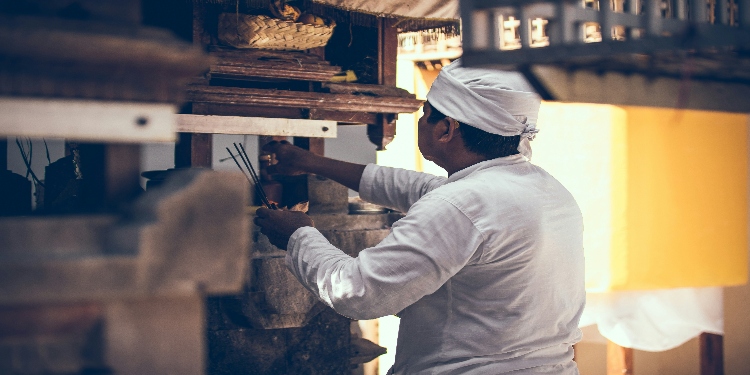Tortillas are common in Mexican cuisine and are also consumed all over the world, especially in the United States and Central America. In the past, making tortillas has been quite the manual endeavor. Although homemade tortillas have a certain authenticity and allure, scaling up production and maintaining quality can be tricky. This is where a tortilla machine comes in.
The Limitations of Handmade Tortillas
On the one hand, tortillas artesanales have an up-market cachet, but they create some practical challenges for commercial businesses:
- Time-Consuming: Hand producing in bulk is very labor intensive.
- Lack of Quality Uniformity: Thickness, size and texture of hand-rolled tortillas varies, impacting customer satisfaction.
- Labor $: Skilled labor is costly, a high turnover can drive costs even higher.
- Production Capacity is Hampered: Keeping up with demand, especially during peak hours, becomes its own problem if you don’t want to sacrifice quality.
House-made tortillas might be fine if you are small-scale. But efficiency and consistency are important for businesses looking to scale, making the expense of a tortilla machine a valuable one.
How A Tortilla Machine Helps Increase ROI (Return On Investment)
What comes to mind is the traditional art of tortilla making when people think about bricks-and-mortar companies in Mexico.
A tortilla machine is an investment that often makes great returns. Here’s how:
Increased Production Speed
A tortilla machine that is commercial may produce hundreds of tortillas per hour, which is much more than can be produced manually. This ramped up production means that restaurants and food producers can satisfy a high demand from customers without having to wait.
Consistent Quality
Machines also control the thickness, diameter and texture of tortillas, ensuring a consistent product. Not only does this result in a happy customer, it also means less waste is generated from misshaped tortillas.
Labor Savings
Businesses can cut top-quality labor out of the loop by automating their tortilla production. The staff can concentrate on other important work, like cooking or packaing, or customer service and therefore reduce the labor cost.
Cost Efficiency
The tortilla machine investment projects have a low ROI, even at first, as labor costs go down and process times shorten. Scale without scaling staff or overhead.
Versatility
Commercial tortilla machines come in a variety of sizes, from 13 x 17 inches up to several feet across, and many have at least some versatility to make other tortilla products—such as smaller diameter or thicker masa discs types and even flavored varieties. This flexibility can enable to introduce new applications and meet different consumer needs.
Choosing the Right Tortilla Machine
All machines not created equal. Things to consider when choosing a commercial tortilla machine:
- Output Level: Make sure your machine can produce the correct number of tortillas every day or week.
- Durable Construction: Choose equipment made with sturdy materials that are rugged enough to handle daily commercial use.
- Straightforward Cleanup: Cleanable machines will save you time and will not whip your workspace into a mess.
- Level of Automation: Some machines press, cook and cool automatically, while others are a hands-on process.
- Size and Footprint: Make sure the machine will comfortably fit in your kitchen or production area without impeding workflow.
Spending due diligence examining, shopping around and making tortilla machines comparison ensures that you receive the biggest bang for your buck and years of good use out of them.
Real-World ROI Examples
Many restaurants and tortilla makers said they’d seen actual results from switching to machines:
- Lower Labor Costs: Companies have reduced labor hours for making tortillas by as much as 70%.
- Greater Volume of Product: A higher output on a daily basis has facilitated businesses in accommodating burgeoning demand through sales growth.
- Reduced Waste: With consistent tortillas, your rejects will be minimized which will save you money and resources.
- Quicker Turns: Fast production means fresh tortillas all day long leading to better customer experiences and repeat business.
Conclusion
Handmade tortillas will always have a place in artisan food culture, but on the commercial level, a tortilla machine has a clear advantage. Automating production enables businesses to deliver consistent, efficient and scalable output that provides a tangible return on investment.
For those in the service and manufacturing industries who desire expansion, a commercial tortilla machine is more than a simple matter of convenience; it’s an essential asset to have for growing profits and sustaining your business for the long haul.


![7 Best POS Software in the UK [2026 Edition]](https://todaynews.co.uk/wp-content/uploads/2026/02/7-Best-POS-Software-in-the-UK-2026-Edition-360x180.png)








































































